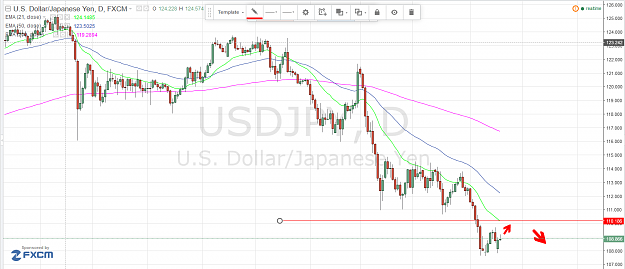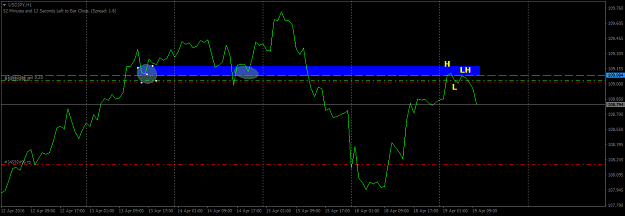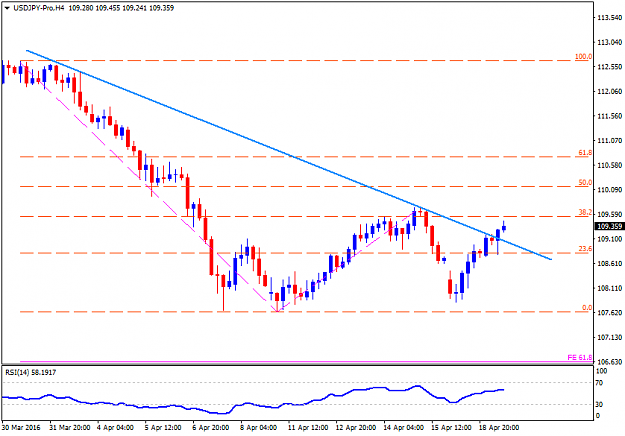Disliked{quote} It is a brilliant explanation. I never thought about this. I have to bookmark this one into my notes. Thank you very much. I still have a question about the process, I feel I'm missing something. Let's say I'm European and I buy the stock of a Japanese company. I thought I'm buying Yen vs EUR in the process as I have to convert my currency. In that case I'm long in the stock and I'm long in Yen (vs EUR). If I hedge my equity position (short yen) shouldn't my yen long and my yen short offset each other and therefore the exchange remain at...Ignored
1) As a foreign investor you buy currency-hedged Japanese stocks from another foreign investor who held the stocks unhedged (i.e. long yen). The net result would be +ve for stocks and -ve for the yen.
2) As a foreign investor you buy currency hedged Japanese equities from a Japanese investor who uses the proceeds of the sale to purchase foreign assets (stocks, bonds etc) unhedged. This has often been the case over the past couple of years. The net impact would be as above.
3) As a foreign holder of Japanese stocks, you hedge your currency exposure dynamically as the market moves up or down: as it goes up, the corresponding amount of yen that you hold in stock also goes up, so you need to sell more yen to be hedged. Reverse the flows when the market goes down.
The important point to take away here is that when Japanese equities rally the net market impact is Yen negative and viceversa



